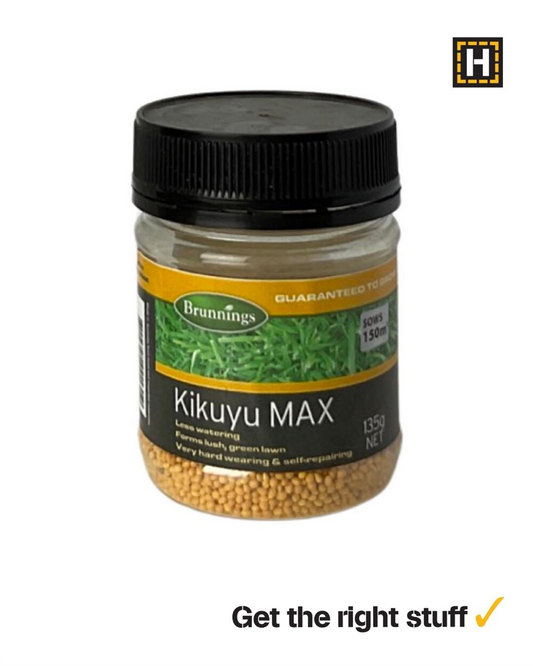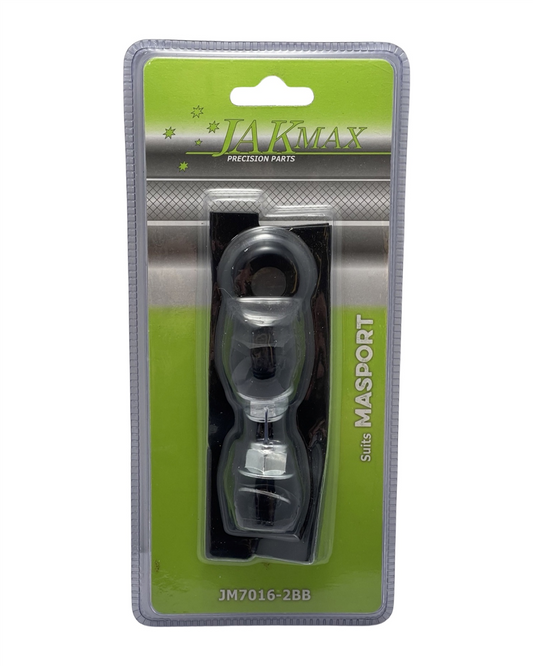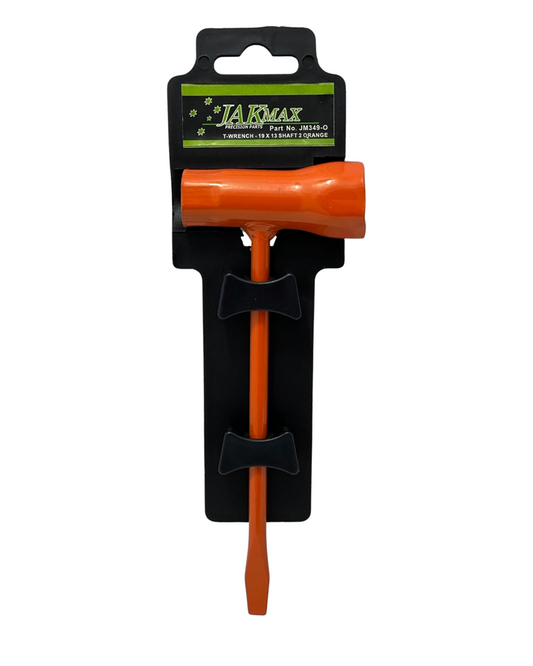What every gardener should know about testing soil pH
Share
The Secret to Healthy Plants: How to Test Your Soil pH
So, you’ve decided to grow a beautiful, thriving garden. You’ve picked out your favourite plants, you’ve got your tools ready, and you’re all set to go. But before you start digging, there’s one critical thing you need to check—your soil's pH. Get this right, and your plants will flourish. Get it wrong, and you might end up with a garden that looks more like a sad, wilted mess. Nobody wants that!
What Is Soil pH and Why Should You Care?
Soil pH is a measure of how acidic or alkaline your soil is. The scale runs from 0 to 14, with 7 being neutral. Anything below 7 is acidic, while anything above it is alkaline.
Why does this matter? Because soil pH affects how well your plants absorb nutrients. If the pH is off, your plants might struggle to take in the goodness from the soil, no matter how much fertiliser you add. Some plants thrive in acidic conditions, while others prefer more alkaline soil. Knowing your soil’s pH helps you choose the right plants and amendments for a garden that’s bursting with life.
How to Test Your Soil pH
Luckily, checking your soil pH isn’t rocket science. There are a few simple methods to get the job done:
- DIY Vinegar and Bicarb Test: Take two teaspoons of soil and place them in separate containers. In one, pour some vinegar. If it fizzes, your soil is alkaline. In the other, add water until muddy, then mix in a little bicarb. If it bubbles, it’s acidic. No reaction? You’re likely close to neutral.
- pH Test Kit: These are available at garden centres and are simple to use. Mix soil with a testing solution or place a strip in wet soil, then compare the colour change to the chart provided.
- Digital pH Meter: For a more precise reading, a digital pH meter gives quick results. Just insert the probe into damp soil and check the reading.
What to Do If Your Soil pH Is Off
If testing reveals that your soil pH isn’t ideal, don’t panic. You can adjust it:
- If your soil is too acidic (low pH): Add garden lime or dolomite.
- If your soil is too alkaline (high pH): Work in sulphur or organic matter like compost or peat moss.
The key is to make gradual adjustments and retest to avoid overcorrecting.
Final Thoughts
Testing your soil pH isn't just for expert gardeners—it’s for anyone who wants to give their plants the best chance at success. A quick test can save a lot of guesswork and disappointment down the line. So, grab a kit, check your soil, and set your garden up for success.
Happy gardening!
Cheers,
Candeece
 Stay Connected
Stay Connected
Join our gardening community on Facebook the Urban Gardener's Notebook
And follow our Store Facebook Page: Strathalbyn H Hardware on Facebook









